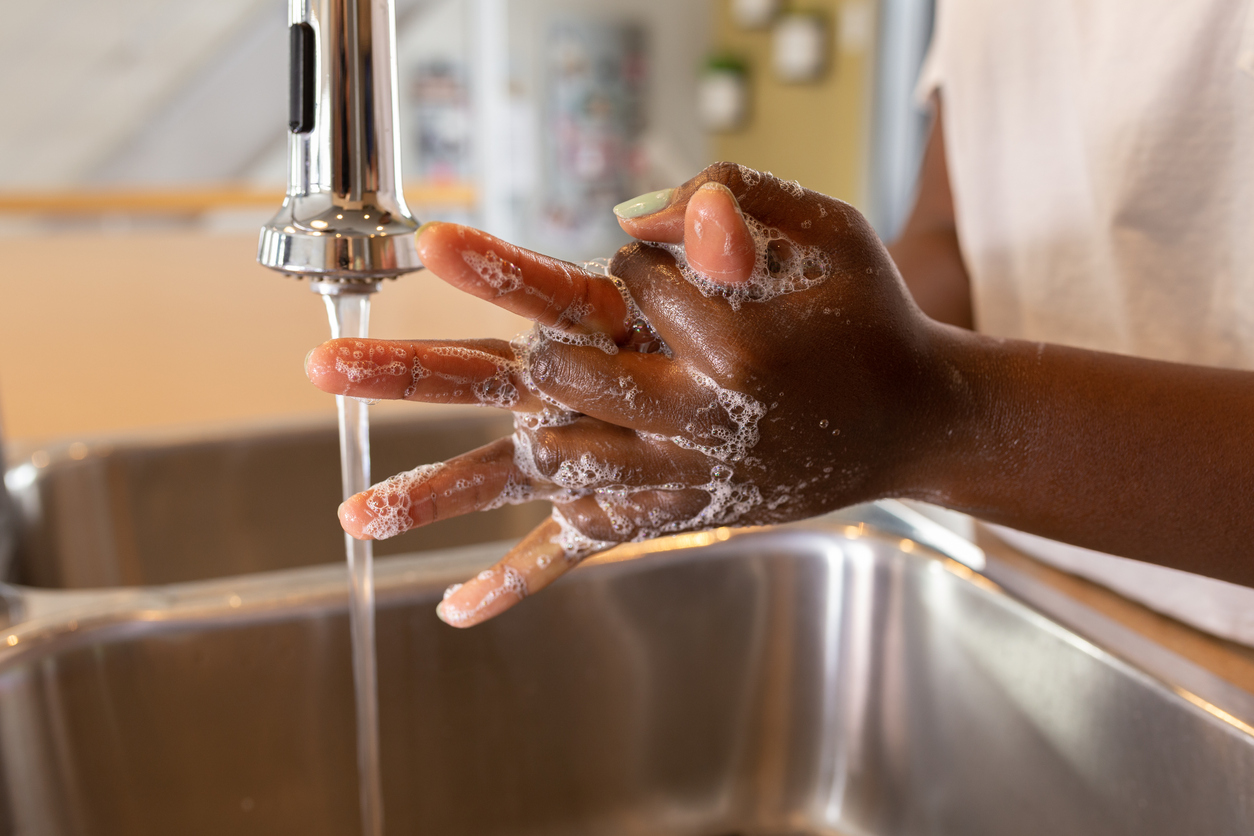Why STDs Testing Is Important
Sexually transmitted diseases or STDs are more common than you think. It’s estimated that 376 million people will be diagnosed with an STD every year. And, yet, STD testing isn’t a commonplace discussion topic. Maybe it’s because of the sensitive subject, or perhaps it’s because not many are educated on the importance of being tested for these infections.
So, it’s important to think about receiving regular STD testing at your next gynecology visit, especially if it’s been a few years since your last test. If you’re not sure why, the experts at Covington Women’s Health are discussing why STDs testing is important and answering some of the most common questions about this subject.
How Do You Get an STD?
Anytime you have vaginal, anal, or oral sex, you are at risk of being exposed to an STD. While it’s less common to receive an STD from a life-long partner than if your lifestyle involves multiple sexual encounters, it can still occur. Even if you use protection, sometimes the exposure can still occur, especially concerning the virus that causes most cervical cancers, Human Papilloma Virus or HPV.
Knowing this, you can see why it’s vital to stay on top of receiving regular STD testing. Even if you’re fine this year, something could change next year, especially if you have unprotected sex with someone new.
Silent Symptoms
Whether or not you suspect you have an STD is important, but it’s even more important to know is that sometimes STDs will not cause any symptoms at all. It may take many years for symptoms to first show up and, by that time, the disease has been living in your body and potentially causing damage. Some infections can damage your fallopian tubes and cause infertility.
That’s why it’s better safe than sorry when it comes to STD testing.
Consequences that Build Up
Unfortunately, STDs can do a lot of damage if left untreated, as mentioned above. Depending on the type you have, medical issues such as increased risk in infertility, weakened immune system, cancer, and more are all possibilities if STDs go untreated.
And if you have an STD, you could be spreading that disease and potentially doing a lot of harm to those you come in contact with.
Do the responsible thing and receive regular checking, for your benefit and the benefit of others.
When Should I Get STD Testing Done?
The answer to this question depends on how sexually active you are.
- If you are very sexually active with multiple partners, consider receiving testing every few months.
- If you aren’t sexually active or are sexually active with only one person, still plan to receive testing every year, just to be sure.
The best thing about STD testing is that it’s quick, easy, and painless! Many times all it involves is a swab and blood test while you’re getting your exam at your gynecologists’ office.
If you have any further questions about STDs testing, reach out to the experts at Covington Women’s Health Specialists. Contact us by clicking here or by giving us a call at 770-385-8954.








